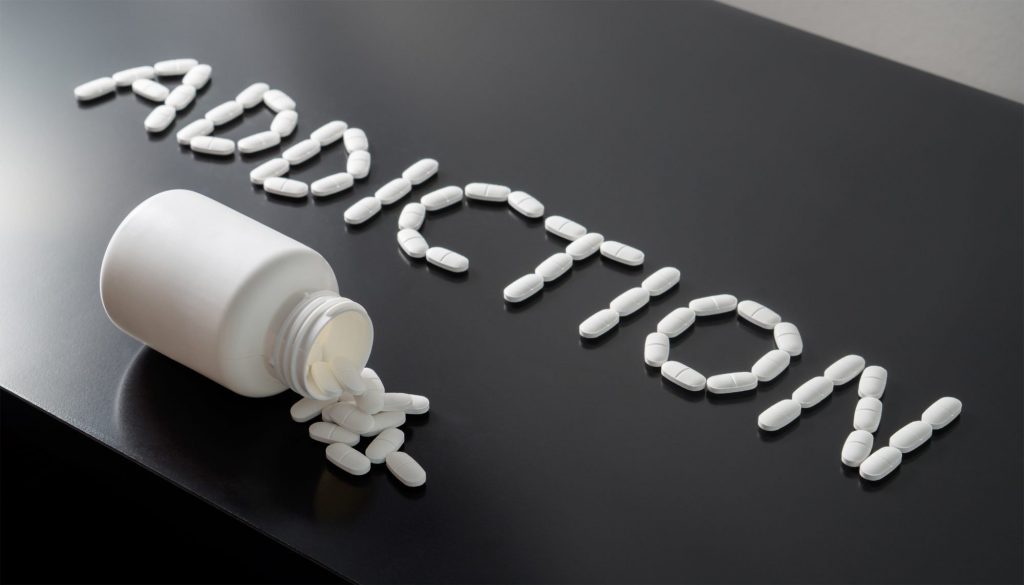Addiction is described as the inability to cease using a substance or engaging in destructive behaviour to one’s mental and physical health
The term “addiction” is used to describe a The phrase “reliable source” does not merely relate to heroin or cocaine addiction. The inability to stop doing things like gambling, eating or working are all examples of habits.
Addiction is a chronic illness that can develop due to the use of medications. Opioid abuse, particularly illicitly made fentanyl, was responsible for approximately 50,000 deaths in the United States alone in 2019.
“A curable, chronic medical condition involving intricate connections among brain circuits, heredity, the environment, and an individual’s life experiences,” according to the American Society of Addiction Medicine. Addicts utilise substances or engage in compulsive behaviours, which they often continue despite negative consequences.”
Many, but not all, people begin using drugs or engaging in activities voluntarily. On the other hand, addiction can take over and make it difficult to maintain self-control.
Misuse vs addiction
“drug addiction” and “drug misuse” are not interchangeable.
Misuse
Trusted Source refers to the usage of a substance in big dosages or in inappropriate settings, which can cause health and social problems.
Not everyone who abuses a substance, however, is addicted. According to Trusted Source, addiction is “The fact or condition of being addicted to a certain substance, thing, or activity,” according to Trusted Source.
A person who consumes a large amount of alcohol on a night out, for example, may experience both the euphoric and detrimental effects of the substance.
However, the person does not have an addiction until they have a “chronic, relapsing condition defined by obsessive drug-seeking, continuing use despite adverse consequences, and long-term brain alterations.”
There are two types of addiction: substance addiction and non-substance addiction. Non-substance addiction can take many forms, including:
- Gambling
- Food
- Internet
- Gaming
- mobile phone
- sex
Despite the negative consequences, someone addicted will continue to abuse the substance or activity.
Symptoms
The following are the most common signs of addiction:
- Deteriorating grades or academic difficulties
- Bad work performance
- Relationship issues, which frequently include lash outs towards others who recognise the addiction
- An inability to stop taking a substance even though it is causing health or personal problems, such as work or relationship issues
- A distinct lack of energy in everyday activities
- Weight loss and a conspicuous disregard of hygiene are among the most visible changes in appearance.
- When asked about substance abuse, he appears defensive.
Summary
Addiction is a long-term, severe dependence on a substance or activity. Every year, the prevalence of addiction costs the United States economy hundreds of billions of dollars.
A person suffering from addiction cannot stop taking a substance or engaging in a habit, even though it has negative consequences in their everyday lives.
Misuse is not the same as addiction. Addiction involves the habitual misuse of chemicals or engaging in harmful conduct, but substance misuse may not always lead to addiction.
Declining physical health, irritability, weariness, and an inability to stop taking a substance or indulging in a habit are common signs of addiction. Addiction can also lead to practices that strain relationships and prevent people from going about their regular lives.
Withdrawal symptoms are common when a substance or habit is stopped. Without medical guidance, people should not attempt to abruptly cease using a chemical or engaging in a given activity.
Addiction treatment might be tough, but it is typically successful. The best treatment depends on the substance and how the addiction manifests itself, which differs from person to person. Medication, counselling, and community support are typically used in treatment.

